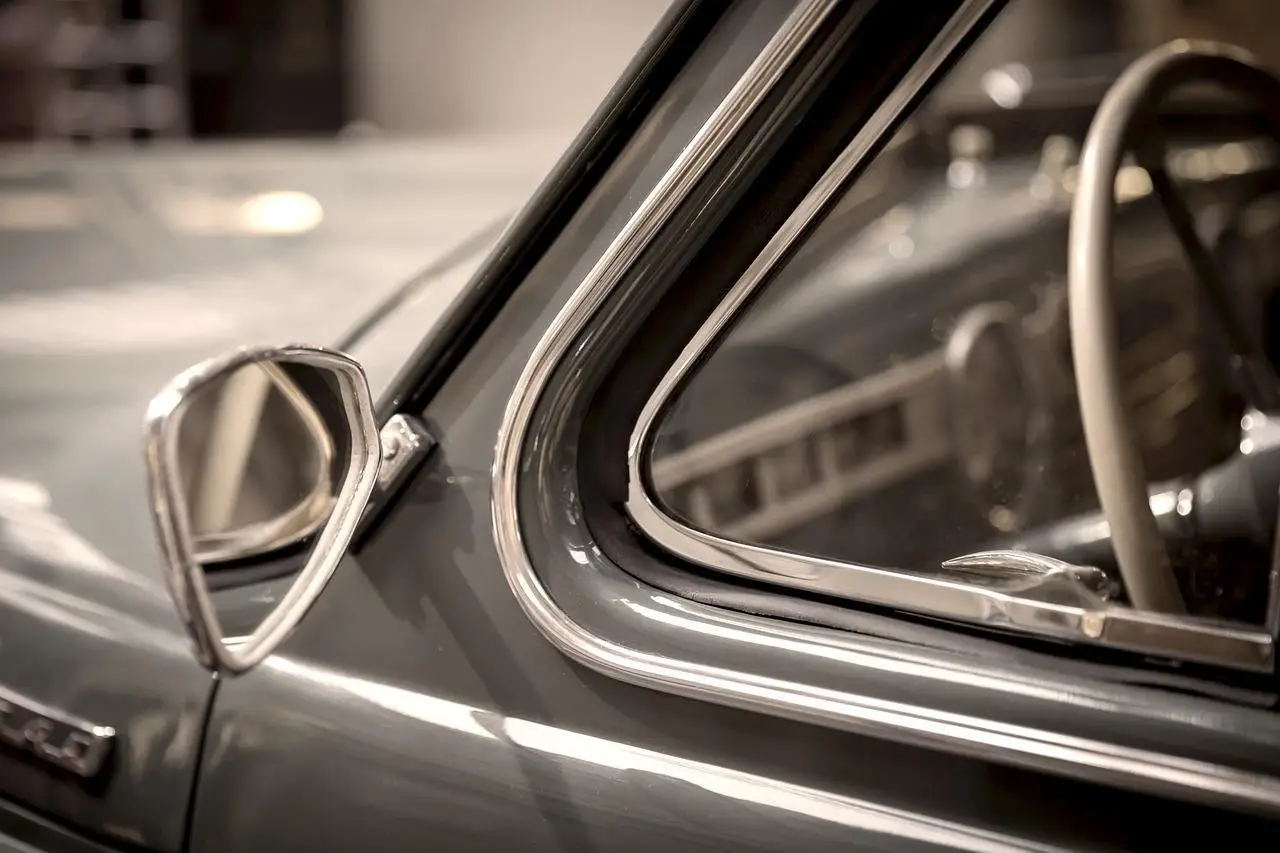Car culture is more than just a fascination with vehicles; it is a complex social phenomenon that reflects broader societal values, technological advancements, and economic trends. This culture influences everything from urban planning to individual identity, showcasing the profound impact of automobiles on daily life. Understanding car culture provides valuable insights into how societies function and evolve.
The Historical Roots of Car Culture
The origins of car culture can be traced back to the early 20th century, when automobiles first became accessible to the general public. The introduction of mass production techniques by Henry Ford revolutionized the automotive industry, making cars affordable for many. This democratization of transportation not only altered daily life but also sparked a cultural shift towards mobility and independence.
Cars as Symbols of Freedom and Status
For many, cars represent more than just a means of transportation; they symbolize freedom and personal achievement. Owning a car allows individuals to travel at will, providing a sense of autonomy and control over one's environment. Additionally, certain models and brands have become status symbols, reflecting personal tastes and financial success.
The Impact of Car Culture on Urban Development
The rise of car culture has had a significant impact on urban planning and development. Cities have been designed around the needs of automobiles, with sprawling suburbs, highways, and parking lots shaping the landscape. This car-centric approach has influenced everything from the economy to environmental policies, as cities grapple with traffic congestion and pollution.
Car Culture and Environmental Concerns
While car culture has brought numerous benefits, it also poses environmental challenges. The reliance on fossil fuels for transportation contributes to air pollution and climate change, prompting a push towards more sustainable alternatives. Electric vehicles and public transportation systems are being developed to mitigate these issues, reflecting a growing awareness of the need for eco-friendly solutions.
The Role of Cars in Popular Culture
Cars have become integral to popular culture, featuring prominently in films, music, and literature. From the iconic car chases in action movies to the nostalgic road trips depicted in novels, automobiles are a central theme in storytelling. This cultural prominence underscores the deep connection between cars and the human experience.
Technological Advancements and the Future of Car Culture
Technological innovations continue to shape car culture, with advancements in autonomous vehicles and smart technology leading the charge. These developments promise to revolutionize transportation, offering increased safety, efficiency, and connectivity. As technology evolves, so too will the cultural implications of car ownership and use.
The Economic Significance of Car Culture
The automotive industry is a major economic driver, influencing job markets, trade, and global economies. From manufacturing to sales, the sector supports millions of jobs worldwide and contributes significantly to economic growth. The economic importance of car culture cannot be overstated, as it impacts both local and international markets.
Car Culture and Personal Identity
For many people, cars are an extension of their identity. The choice of vehicle can reflect an individual's personality, lifestyle, and values, making car ownership a deeply personal experience. This connection between cars and identity highlights the cultural significance of automobiles in shaping self-expression.
The Social Dynamics of Car Enthusiast Communities
Car culture has fostered vibrant communities of enthusiasts who share a passion for automobiles. These groups often organize events, races, and exhibitions, creating a sense of camaraderie and shared interest. The social aspect of car culture illustrates its ability to bring people together and form lasting bonds.
Embracing Diversity within Car Culture
Car culture is not monolithic; it encompasses a diverse range of interests and perspectives. From classic car collectors to electric vehicle advocates, the spectrum of car enthusiasts is broad and varied. This diversity reflects the inclusive nature of car culture, which continues to evolve and adapt to changing societal norms.
In conclusion, car culture is a multifaceted phenomenon that offers a window into societal values, technological progress, and economic trends. By examining the various aspects of car culture, one gains a deeper understanding of its pervasive influence on everyday life and the world at large. This exploration reveals the intricate ways in which automobiles shape, and are shaped by, the societies in which they exist.
For more insights into how car culture shapes our world, explore this comprehensive guide on vehicles.











